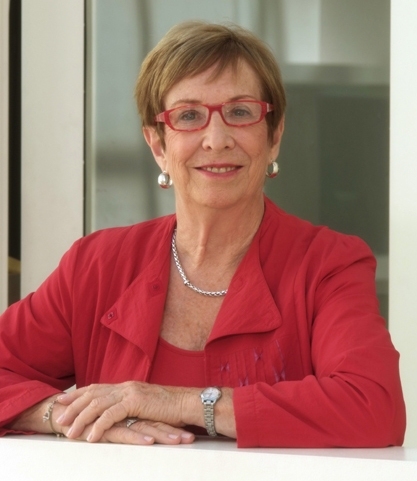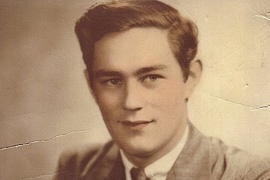Suzanne Hammond Corkin, professor of neuroscience emerita in the Department of Brain and Cognitive Sciences at MIT, died of liver cancer on May 24. She was 79.
To the end of her life, Corkin retained her sense of humor and adventure. She was born in Hartford, Connecticut, the only child of Mabelle Dowling Hammond and Lester Hartz Hammond. She received her PhD from McGill University in 1964 under the tutelage of Brenda Milner.
Corkin's research during her 51-year career at MIT focused on the study of patients with neurological disease, with the goal of linking specific cognitive processes, particularly memory, to discrete brain circuits. She was well known for her investigation of the famous amnesic patient, H.M., whom she met in 1962 and studied until his death in 2008.
Corkin also described the long-term consequences of head injury in World War II and Korean War veterans, and the safety and efficacy of a psychosurgical procedure, cingulotomy, in patients with medication resistant psychiatric disease. Her subsequent research focused on the neural underpinnings of age-related degenerative diseases, including Alzheimer’s and Parkinson’s. She and her colleagues developed behavioral tasks that elucidated the nature and severity of individual Parkinson's and Alzheimer's patients’ cognitive and psychiatric deficits, and innovative neuroanatomical labeling tools for visualizing brain regions that are targeted by Parkinson's or Alzheimer's pathophysiology.
The recipient of numerous awards, Corkin was especially proud to receive the Brain and Cognitive Sciences Undergraduate Advising Award at MIT in 2011. She was a freshman advisor for 17 years, and served on several Institute and departmental committees.
On May 18, she joyfully celebrated her 79th birthday in the company of family, friends, and her beloved dog Trooper, whom she rescued from the streets of Ecuador. In keeping with her commitment to understanding memory and other aspects of brain function, Corkin arranged for her brain to be donated for research.
Corkin is survived by beloved sons J. Zachary Corkin II; Damon Lester Corkin and his wife Angela Adriana Veliz-Corkin; daughter Jocelyn Hammond Corkin and her husband Peter Mortimer; and adored grandchildren Charles Corkin III, Colette Sage Corkin, Wesley Donald Corkin, Pia Frances Corkin Mortimer, Xavier Charles Corkin Mortimer, Olivia Suzanne Corkin, and Stella Paz Corkin.
Gifts in Corkin’s memory may be made to MIT to support minority women students in science (contact: bonnyk@mit.edu); to the Angell Animal Medical Center in Boston (under “designated giving” at mspca.org/donate-now); or to Grassroots Wildlife Conservation.
A memorial service will be held in MIT’s Singleton Auditorium (Room 46-3002) on Saturday, Sept. 24 at 2 p.m.









